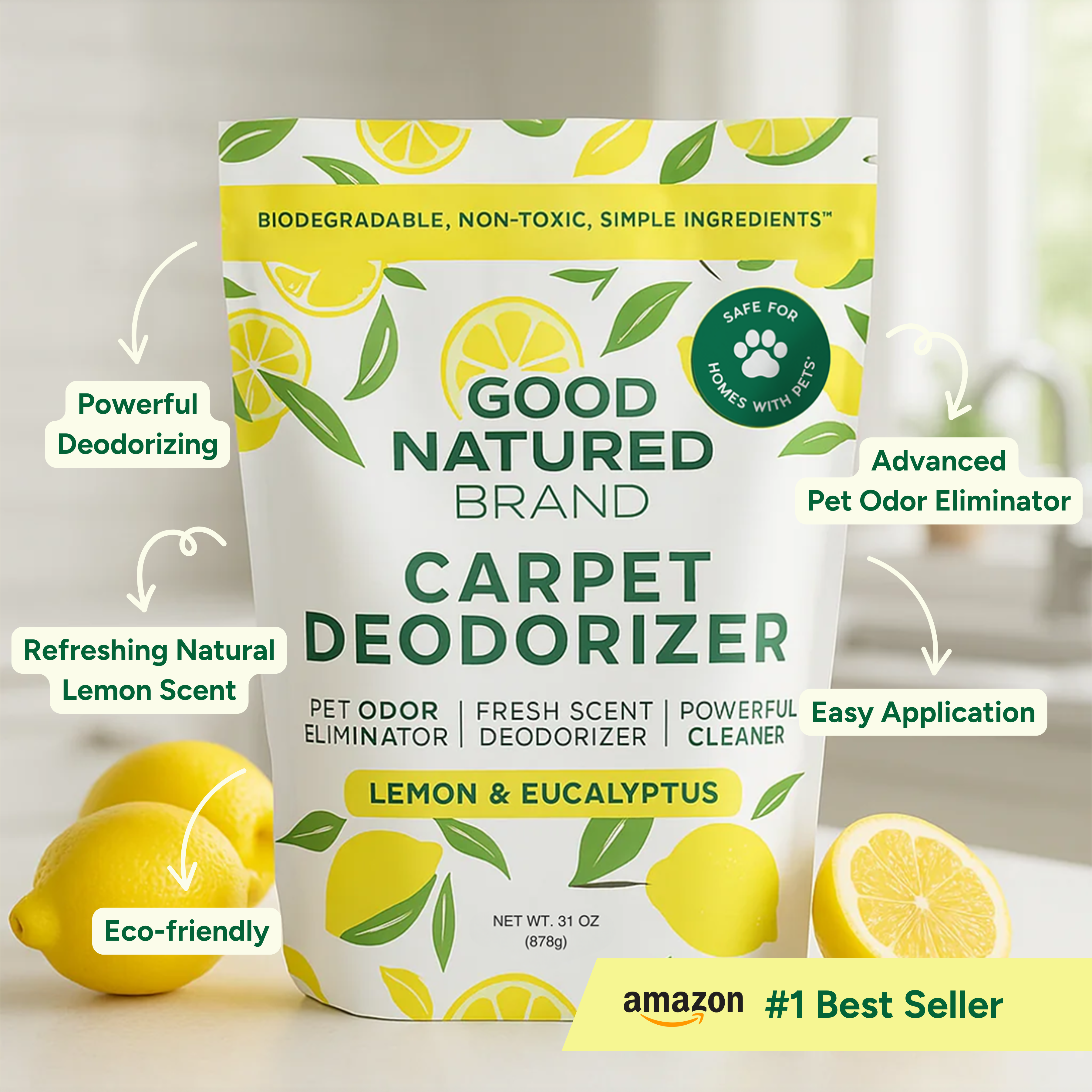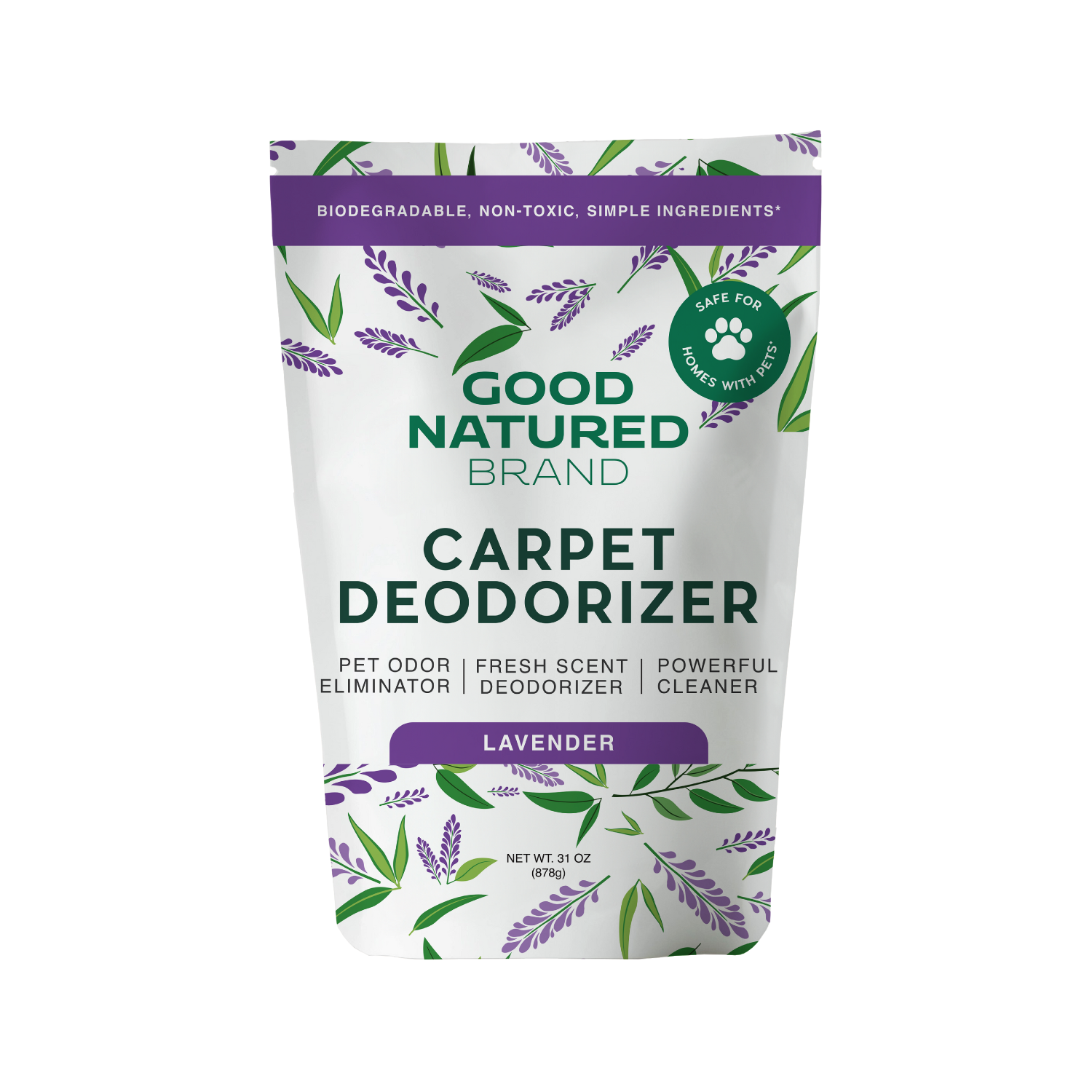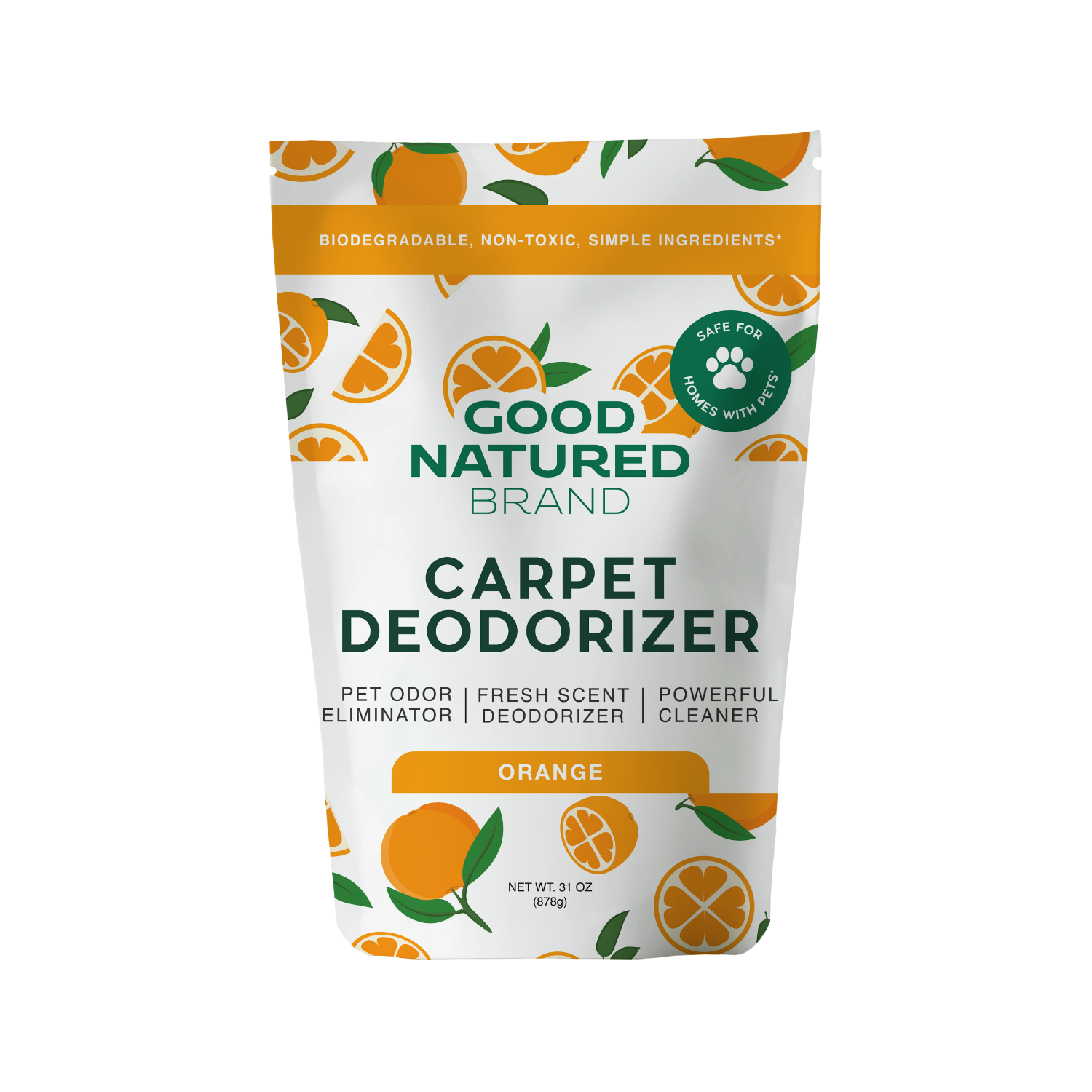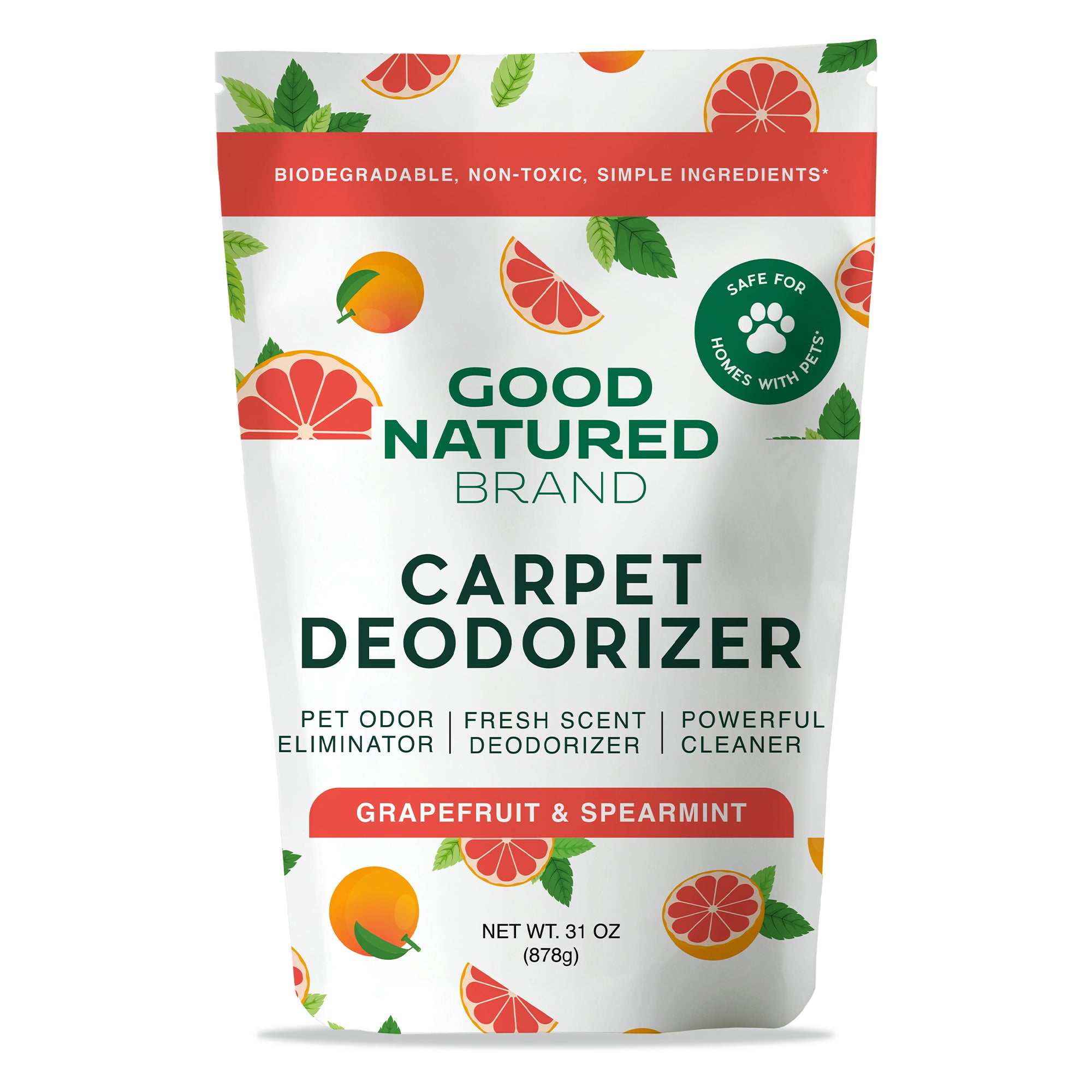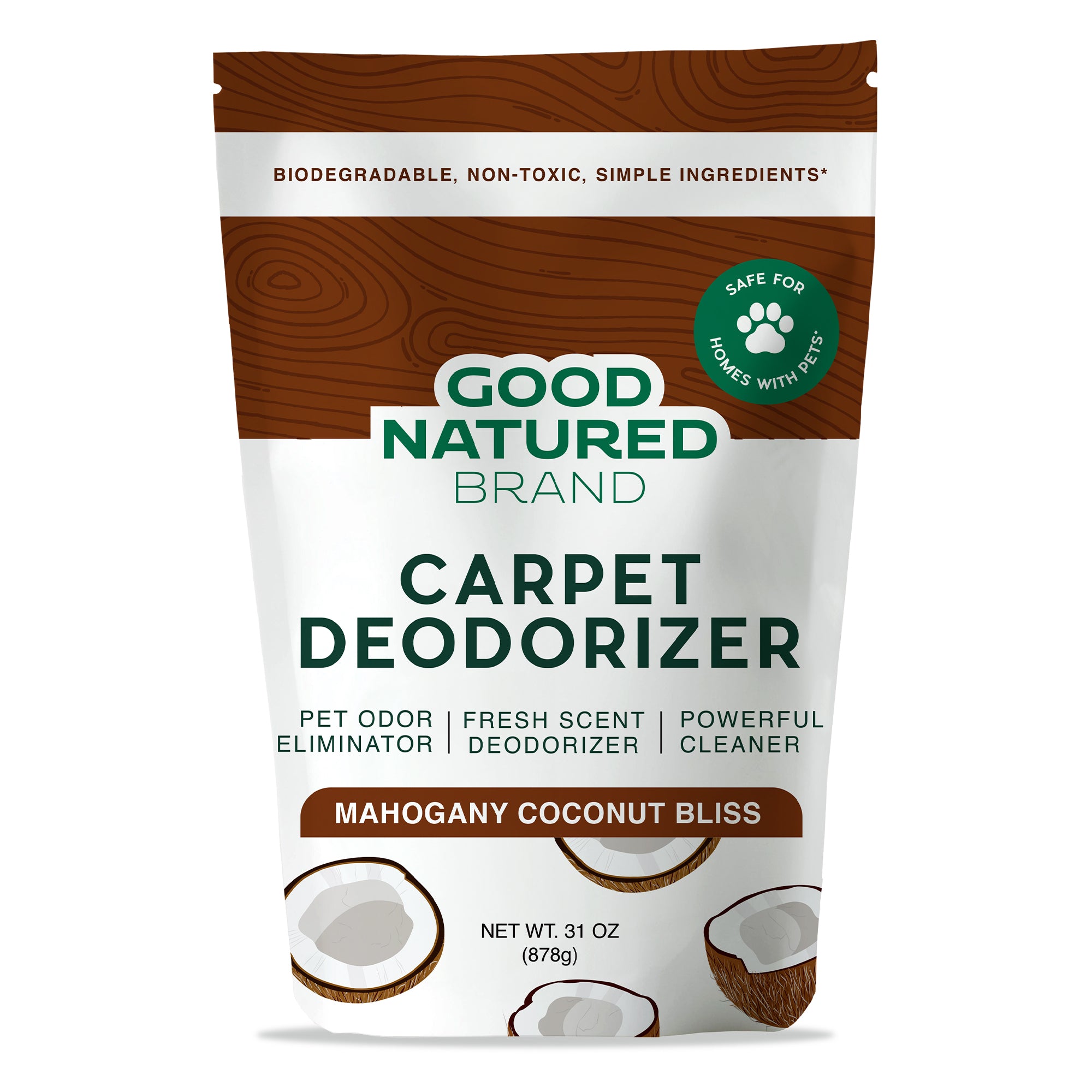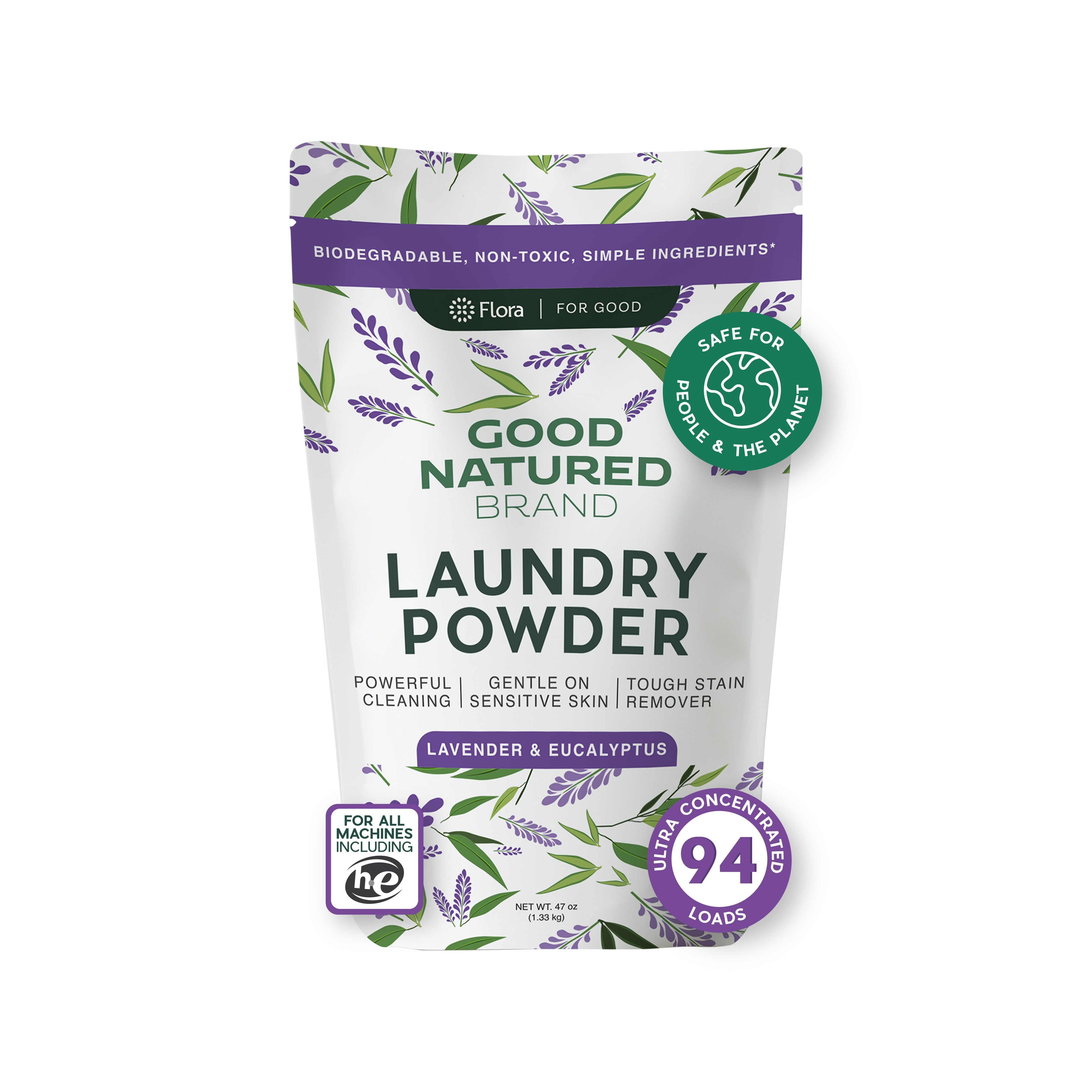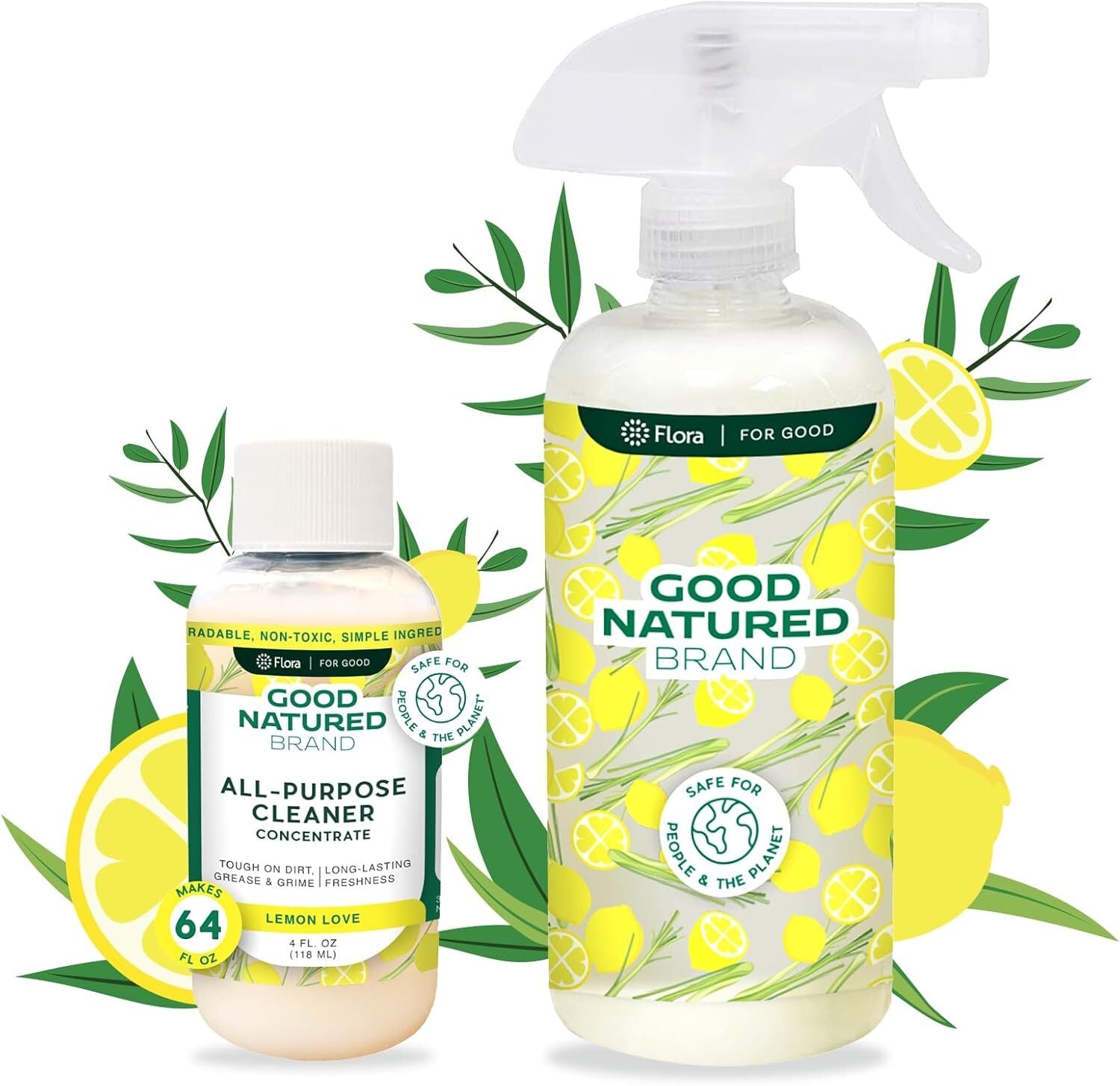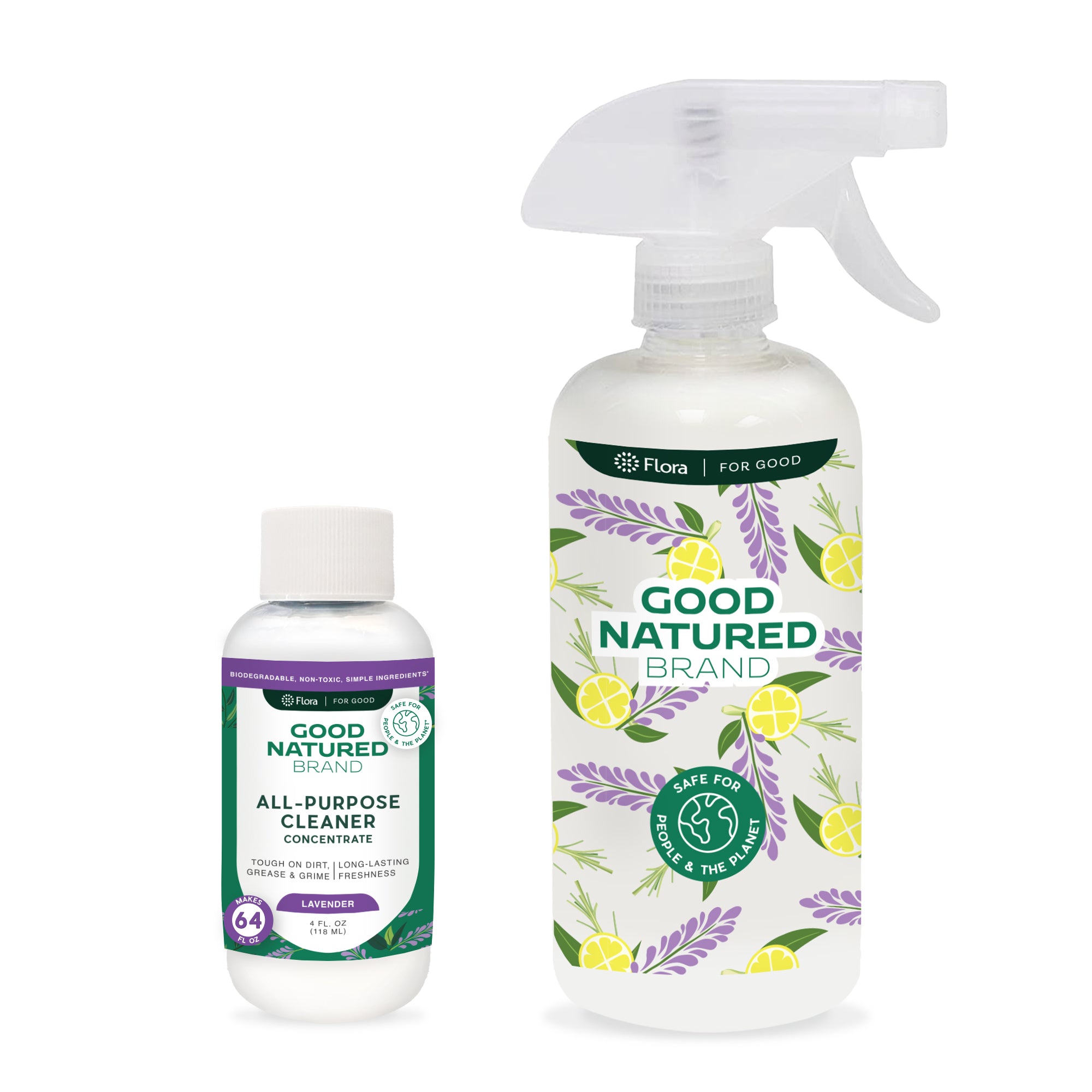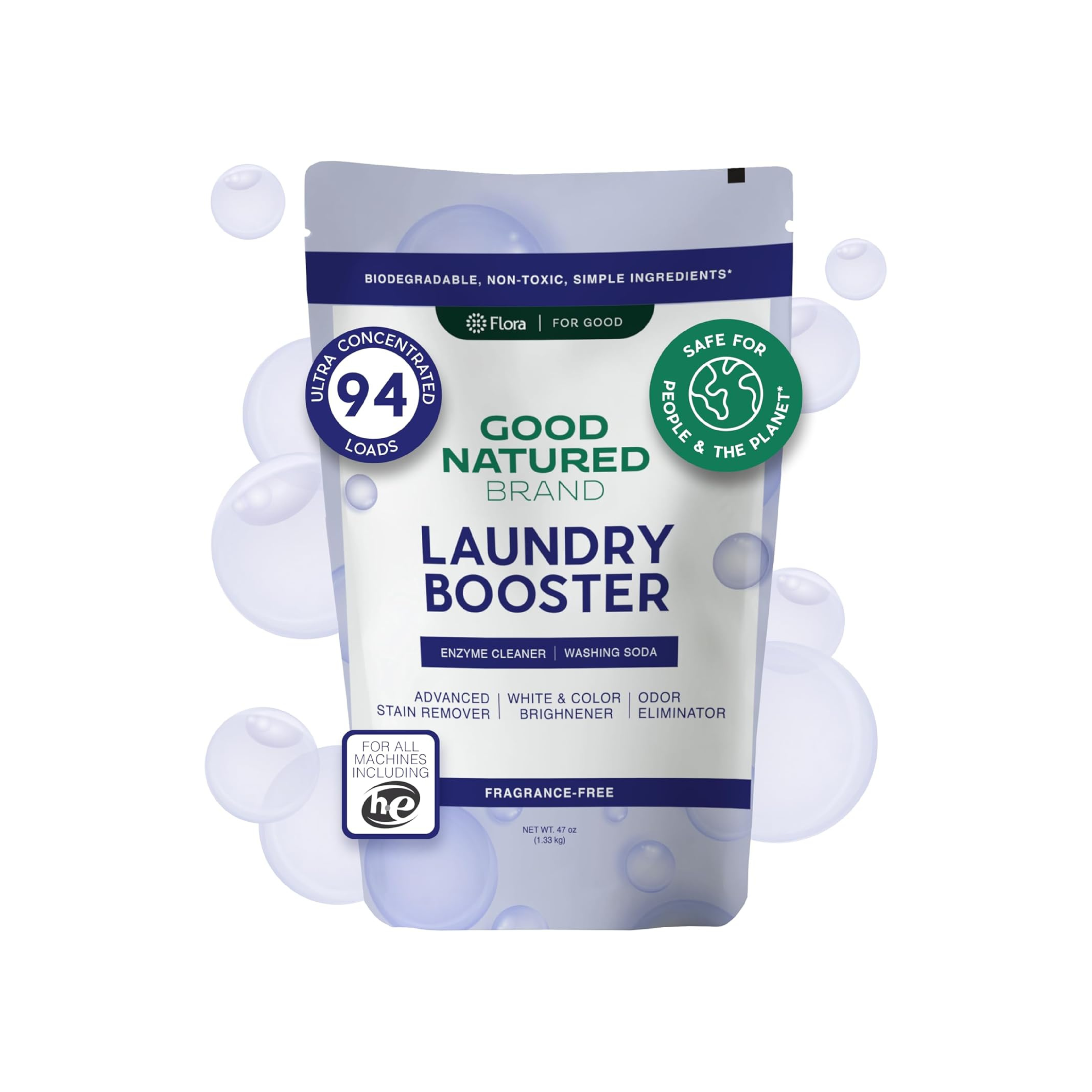Understanding Detergent Recycling
In an age where environmental consciousness is more critical than ever, understanding how to recycle detergent containers properly is essential. The impact of improper disposal can have dire consequences for our planet; thus, small changes in our habits can contribute significantly to reducing waste. At Good Natured Brand, we are committed to sustainability and empowering our community to adopt eco-friendly practices. This blog will guide you through the process of recycling detergent containers, providing you with valuable information to help you make a positive impact.
The Lifecycle of Detergent Containers
To comprehend the importance of recycling, it’s vital to understand the lifecycle of detergent containers. Most detergent bottles are made from plastics such as polyethylene terephthalate (PET) and high-density polyethylene (HDPE). These materials are widely used due to their durability and cost-effectiveness. However, the production of these plastics involves significant energy consumption and contributes to greenhouse gas emissions.
When detergent containers are discarded improperly, they often end up in landfills, where they can take hundreds of years to decompose. This not only contributes to the growing problem of plastic pollution but also affects wildlife and natural habitats. By recycling these containers, we can help reduce the demand for new plastic production, conserve resources, and lower emissions.
At Good Natured Brand, we strive to create eco-friendly products, including our Laundry Powders, Carpet Fresheners, All Purpose Cleaners, and Room and Linen Sprays. Each of these products is designed with sustainability in mind, and we encourage our customers to recycle the containers they come in.
Recognizing Recyclable Materials
The first step in effective recycling is recognizing which materials are recyclable. Most detergent containers are made of plastics that can be recycled, but it's essential to check for specific recycling symbols. Look for:
-
PET (1): Commonly used for soft drink bottles and detergent containers. This material is widely accepted in most recycling programs.
-
HDPE (2): Found in milk jugs and detergent bottles, HDPE is also recyclable and can be processed into new products.
In addition to plastics, some detergent packaging may include cardboard or paper components that can be recycled. Always check local recycling guidelines to ensure you are following the correct procedures.
Knowing how to identify recyclable materials empowers consumers to make informed choices about their waste. When you choose eco-friendly products like our Carpet Fresheners and Room and Linen Sprays, you are already on the right path to sustainability, as we prioritize recyclable packaging.
Local Recycling Programs: Resources and Guidelines
Understanding how to recycle detergent containers involves knowing where and how to dispose of them properly. Local recycling programs vary by region, so it’s crucial to familiarize yourself with your area’s specific guidelines. Many communities have made significant strides in improving their recycling efforts, making it easier for residents to participate.
To find local recycling programs, consider the following steps:
-
Visit your city or county’s official website: Most municipalities provide information about their recycling programs, including accepted materials and drop-off locations.
-
Contact your local waste management authority: If you're unsure about recycling procedures, reaching out directly can provide clarity on what can and cannot be recycled.
-
Use recycling apps: Various mobile applications can help you locate recycling centers and provide information on proper disposal methods.
When recycling detergent containers, ensure that you follow your local guidelines. In some areas, specific types of plastics may not be accepted, or there may be restrictions on how items should be prepared. By adhering to these standards, you contribute to more efficient recycling processes and reduce contamination in recycling streams.
Steps for Properly Preparing Containers for Recycling
Preparing detergent containers for recycling is crucial to ensure they are accepted by recycling facilities. Here’s a step-by-step guide to help you recycle your detergent containers correctly:
Clean Out the Containers
Before placing containers in your recycling bin, rinse them thoroughly to remove any residual detergent. Most recycling facilities require containers to be empty and clean to avoid contamination. Here’s how to do it effectively:
-
Rinse: Use warm water to rinse out the container, ensuring that any remaining detergent is washed away.
-
Dry: Allow the container to air dry completely. This will prevent moisture from affecting the recycling process.
Remove Labels and Caps
Labels and caps can sometimes complicate the recycling process. While some recycling facilities accept caps, others do not. To ensure your containers are recyclable, follow these steps:
-
Peel off the label: If possible, remove the label from the container. This can help improve the quality of recycled materials.
-
Check cap policy: If your local recycling program accepts caps, make sure they are also clean and dry before disposal.
By following these steps, you are taking meaningful action to prepare your detergent containers for recycling, ultimately contributing to a more sustainable future.
Innovative Reuse Ideas for Detergent Containers
While recycling is crucial, reusing detergent containers can further minimize waste and promote sustainability. By thinking creatively, you can repurpose these containers in various ways around your home. Here are some innovative ideas for reusing detergent containers:
Gardening Tools
Many detergent containers, especially larger ones, can be transformed into handy gardening tools. They can be cut down to create watering cans or used as planters for small flowers or herbs. Just make sure to clean out any residual detergent and ensure they have proper drainage holes.
Storage Solutions
Detergent containers can serve as excellent storage solutions for small items around the house. Consider using them to organize:
-
Craft supplies (e.g., buttons, beads)
-
Small toys
-
Cleaning supplies (label them accordingly)
Using our All Purpose Cleaners containers for this purpose can help streamline your organization efforts while promoting a sustainable approach to household management.
DIY Projects
Detergent containers can be used in various DIY projects. For example, children can decorate them to create art supplies storage or use them for science projects. Additionally, durable containers can be repurposed into bird feeders by cutting holes and filling them with birdseed.
Emergency Kits
Another practical use of detergent containers is to create emergency kits. They can be filled with essential supplies such as first aid materials, flashlights, or batteries. This repurposing not only reduces waste but also ensures that you have necessary items organized and ready for emergencies.
The Role of Good Natured Brand in Sustainable Practices
At Good Natured Brand, our commitment to sustainability extends beyond just the products we create. We strive to minimize our environmental footprint by carefully considering our packaging and materials. Our Laundry Powders, Carpet Fresheners, All Purpose Cleaners, and Room and Linen Sprays are designed not only to be effective but also eco-friendly.
Eco-Friendly Product Development
Each of our products is crafted with care, utilizing non-toxic and biodegradable ingredients. This not only ensures that you are using safe products in your home but also means that when you recycle or reuse their containers, you contribute to a healthier planet.
By choosing Good Natured Brand products, you are supporting sustainable practices. Our packaging is designed to be recyclable, and we encourage our customers to join us in our mission to reduce waste.
Understanding the Impact of Detergent Waste
The statistics surrounding detergent waste are startling. Each year, millions of tons of plastic waste are generated from cleaning product containers. When these containers are improperly disposed of, they contribute to the growing plastic pollution crisis, which poses significant threats to wildlife, marine ecosystems, and human health.
The Long-Term Environmental Effects
Improper disposal of detergent containers can lead to long-term environmental degradation. Plastics can break down into microplastics, which infiltrate our soil and waterways. This process not only harms aquatic and terrestrial life but also enters the food chain, potentially affecting human health.
By adopting proper recycling and waste reduction practices, we can collectively mitigate these impacts. Making informed choices, such as selecting eco-friendly products like our Room and Linen Sprays and Carpet Fresheners, can significantly reduce the amount of plastic waste generated in our households.
Getting Involved: Community Recycling Efforts
Taking action at the individual level is essential, but collective efforts can drive significant change. Engaging with your community in recycling initiatives can amplify your impact and inspire others to follow suit.
Participating in Local Clean-Up Events
Many communities organize clean-up events where residents can come together to clean local parks, beaches, and neighborhoods. Participating in these events not only beautifies your surroundings but also raises awareness about the importance of keeping our environment clean and recycling.
Advocating for Better Recycling Facilities
If you notice gaps in your local recycling programs, consider advocating for improvements. This could involve:
-
Writing letters to local government officials
-
Starting a petition
-
Engaging in community discussions about recycling initiatives
By voicing your concerns and suggestions, you can help drive positive change in your community.
Educating Others
One of the most impactful ways to contribute to sustainable practices is by educating friends, family, and neighbors about recycling and proper waste disposal. Share the knowledge you've gained from this blog and encourage others to adopt eco-friendly habits.
You can also introduce them to Good Natured Brand products, emphasizing how our Laundry Powders, All Purpose Cleaners, and other eco-friendly solutions align with sustainable living.
Taking Responsibility for Our Waste
Detergent recycling is more than just a responsibility—it’s a commitment to creating a more sustainable future for ourselves and generations to come. By understanding the lifecycle of detergent containers, recognizing recyclable materials, and participating in local recycling programs, we can collectively make a significant difference in reducing waste.
Good Natured Brand is proud to be part of this movement, offering high-quality, eco-friendly products designed to minimize our environmental footprint. We encourage you to embrace sustainable practices in your home, from recycling detergent containers to selecting products that align with your values.
As you embark on this journey towards sustainability, remember that every small action counts. Together, we can create a cleaner, healthier planet. Thank you for taking the time to learn about detergent recycling and for being a part of the solution!
